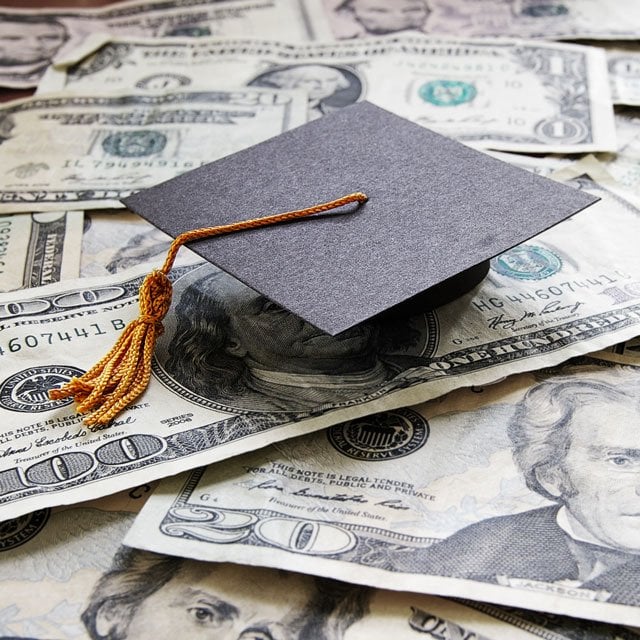Falcon
NOT FOR REPRINT
8 Ways the Stimulus Package Helps Student Loan Borrowers
Sponsored by coronavirus
Share & Print
Among the many provisions in the $2.2 trillion federal economic emergency bill that was signed into law Friday are several that provide temporary relief for student loan borrowers. The relief focuses on those borrowers — there are 45 million owing more than $1.5 trillion — who have federal student loans, which is more than 90% of them. Private student loans are not covered by the legislation, nor are bank-owed federal student loans and federal Perkins loans, though their borrowers could seek other options for pausing payments such as hardship deferments or income-driven repayment plans, according to Mark Kantrowitz, publisher and vice president of research at savingforcollege.com. The biggest relief provision is a six-month suspension of payments for federal student loans, with no interest charged. This relief provision is far more than what President Donald Trump had proposed just weeks ago, which was a 60-day moratorium, but not as grand as what was sought by Sens. Chuck Schumer, D-N.Y.; Patty Murray, D-Wash.; Elizabeth Warren, D-Mass.; and Sherrod Brown, D-Ohio. They called for the cancellation of at least $10,000 in debt for all federal student loan borrowers. Visit the slide show above to learn more about the student loan relief included in the legislation, known as the Coronavirus Aid, Relief and Economic Security (CARES) Act. --- Related on ThinkAdvisor:
NOT FOR REPRINT
© Touchpoint Markets, All Rights Reserved. Request academic re-use from www.copyright.com. All other uses, submit a request to [email protected]. For more inforrmation visit Asset & Logo Licensing.
Featured Resources
View All
Sponsored by Axos Advisor Services
Integrated Banking Solutions: How To Enhance Client Services and Grow Your Business

Sponsored by Optifino
Three Macro Trends Impacting Long-Term Care: Trends, Solutions & Client Conversations

Sponsored by Vanilla
The Missing Piece: Why Advisors Who Skip Estate Planning are Failing Their Clients







